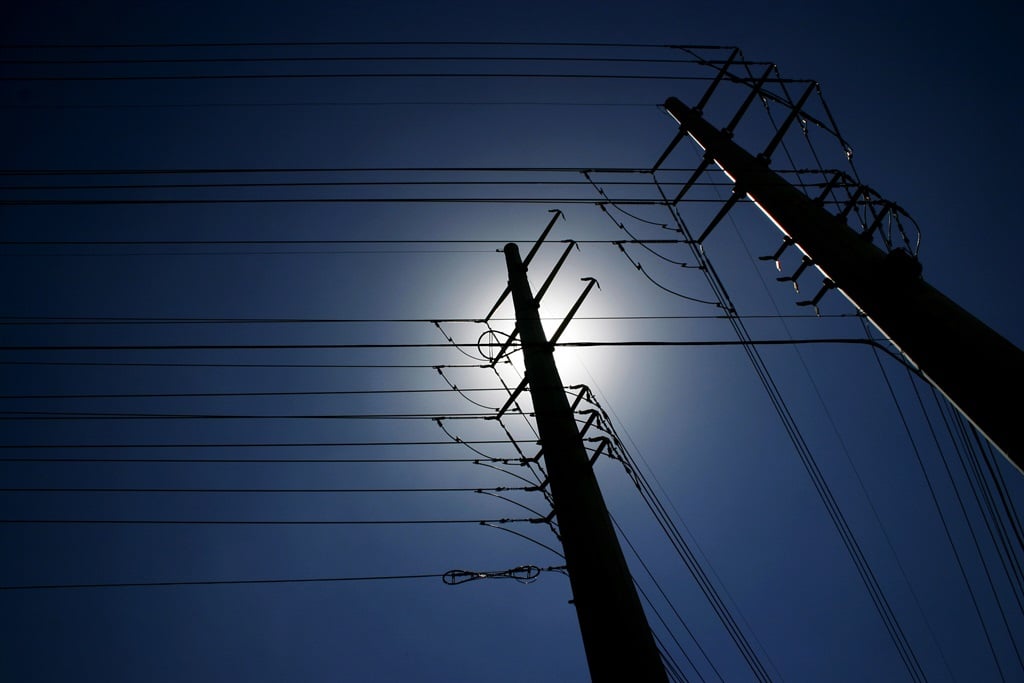Understanding Force Majeure and Supervening Impossibility in the Event of a Grid Collapse in South Africa
Key Highlights :

In South Africa, the threat of a grid collapse is becoming a more probable worst-case scenario. Load shedding is the planned shut-down of the grid to manage load, but a grid collapse would be an unplanned total, or partial, interruption or suspension of electrical power supply, resulting in widespread outages across provinces or the entire country for an unknown and unspecified period of time. It could last days or even weeks. In such an event, parties to a contract may be able to invoke force majeure clauses, or if no such clauses exist, to rely on the law of supervening impossibility.
Force majeure is a contractual concept, and these clauses exist principally to protect a party to a contract from an event beyond its reasonable control, which subsequently prevents that party from performing its obligations in terms of an agreement. The safeguarding principle of force majeure is that a party that defaults on its obligations through no fault of its own should not be held liable for that default. A party that successfully invokes force majeure will be released from its contractual obligations, either temporarily or permanently, and will escape any liability that may arise in respect of the "default".
The principle of freedom of contract enables parties to agree to have certain events specifically regarded (or not) as force majeure events under the contract. It is essential to consider the specific wording of the force majeure clause to determine whether a qualifying event has occurred and to establish a link (referred to as "causation") between the event in question and the actual or potential non-performance of the contract. To invoke force majeure successfully, performance in terms of the agreement must genuinely and objectively be impossible. The discharge of a party's obligations would not be justified where the event in question simply makes the agreement difficult or uneconomical for the party to perform. Similarly, self-created impossibility would not discharge the party from its obligations in terms of the agreement.
South African courts have held that actual foresight, or the reasonable foreseeability, of the event that causes impossibility, may have the effect of ruling out, or indicating tacit acceptance of, the risk of impossibility – thus negating successful reliance on force majeure.
The potentially catastrophic and far-reaching consequences of a grid collapse would arguably be uncertain and unforeseen. Where possible, it would be wise to list grid collapse, and the accompanying foreseeable consequences of such a collapse, as an event of force majeure in a contract to avoid any ensuing uncertainty that could result in its absence. In many long-term and standard-form contracts, grid collapse may not feature as a listed event. In these circumstances, a party invoking force majeure would have to show that the grid collapse constituted an event beyond its reasonable control, which resulted in performance under the contract becoming impossible, and that the grid collapse (and its consequences) was reasonably unforeseeable.
Where no force majeure clause exists in a contract, or the parties do not necessarily have a formal written contract, the common law would assist a party in a similar fashion to a force majeure clause. This protection comes in the form of a legal concept known as a supervening impossibility. South African courts have determined that, if a party is prevented from performing a contract by irresistible force or unforeseeable accident, it is discharged from liability. Between them, these two concepts include any event that is unforeseeable with reasonable foresight, and unavoidable with reasonable care.
In the event of a grid collapse in South Africa, it is important to understand the concepts of force majeure and supervening impossibility in order to protect parties to a contract from liability in the event of non-performance. Parties should consider including a force majeure clause in their contracts to cover such an event, and should be aware of the legal principles of supervening impossibility should such a clause not exist. This will ensure that parties are not held liable for non-performance in the event of a grid collapse, or other unforeseen and uncontrollable events.
